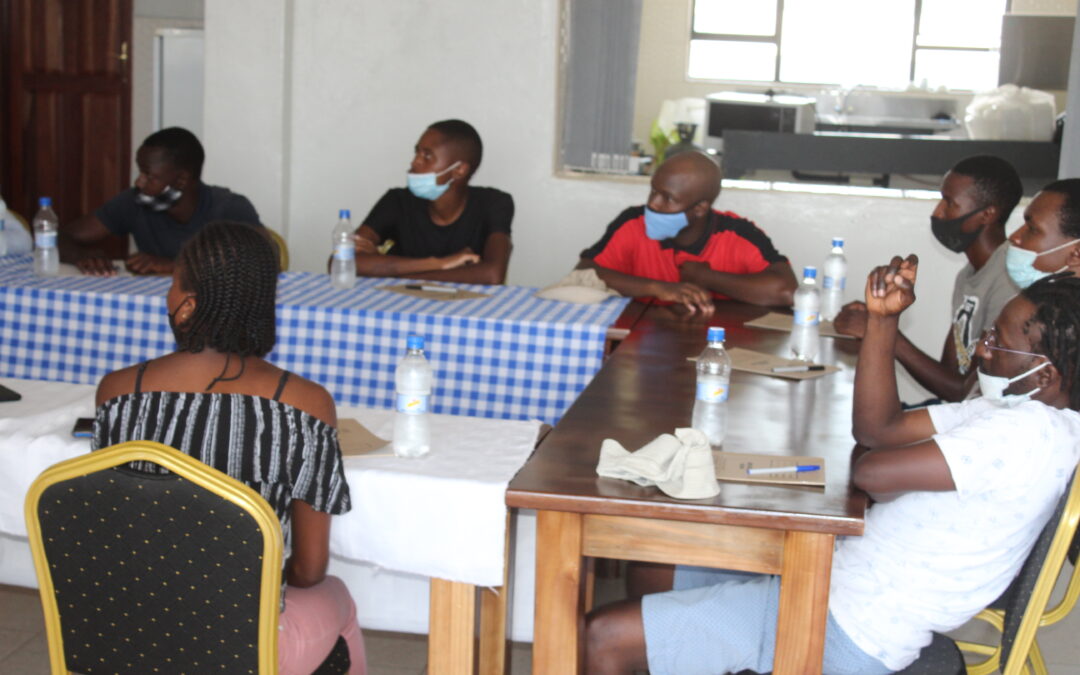For the past four years, CYDT has been contributing to promoting youth leadership and political participation in Matabeleland South Province. This was after a realisation that youth participation and involvement in governance process is lacking within the province due to political, historical, economical and social factors; hence the organisation has been tailor making activities so as to respond to these factors that hinder youth participation.
Youth participation has been summarised by Flanagan & Levine, (2010) as the following: a right; assumes youth as competent citizens, is facilitated by young leaders and adult allies; aims to address the limitless issues faced by youths; has several strategies and is not a one size fits all; it is an active engagement and not passive presence or token roles and all this synchronise well with the youth development model approach which the organisation has been using throughout project implementation.
The youth development model is a broad approach which promotes various and diverse strategies to empower and enable effective and sustainable youth participation. The model has a four-lens approach and sees youths as: stakeholders, stockholders, leaders for transformation and agents for change. The model is based on seven Ps: participation, primacy (youth), policies and laws, possibilities, prioritisation, partnerships and peace.
For the project that the organisation was implementing from July 2020 to July 2021 with the title “enhancing youth voice in governance”, implementation was solely based on the youth development model approach so that there can be continuity as well as sustainability within youth participation.
After realising that Zimbabwe lacks a legal framework that speak into youth participation, the organisation embarked on a youth public policy formulation training. This training was basically held to ensure that youth fully understand the political systems that are critical on formulating youth friendly policies.
The organisation produced a training manual which covered the following topics: Overview of policy making and policy analysis; The three dynamics of policy analysis; Factors influencing policy implementation; Causes of failure of policy implementation, Role of youth in policy formulation.
The trainings managed to evoke the zeal for change in policy hence the petition that was written to parliament on youth participation at all levels. The manual that was produced can be used for generations to come therefore causing continuity of the advocacy.
As much as the primary target of the project and that of the organisation is youths between the ages of 18 to 35 years old, there was a realisation that there is need to also target the elderly who will act as a support system for youth involvement and youth inclusion. As such, the organisation held intergenerational dialogue meetings which sought to promote youth and adult partnership.
CYDT created safe dialogue spaces where allies were created; the young and the old exchanged views and reached agreements regarding specific issues relating to youth inclusion and involvement. These platforms and dialogues led to the formation of Matabeleland South Intergeneration Council- a council that is made of young and the old and the council seeks to represent and promote youth interest at the same time promote youth tolerance in leadership.
Ends//


Recent Comments